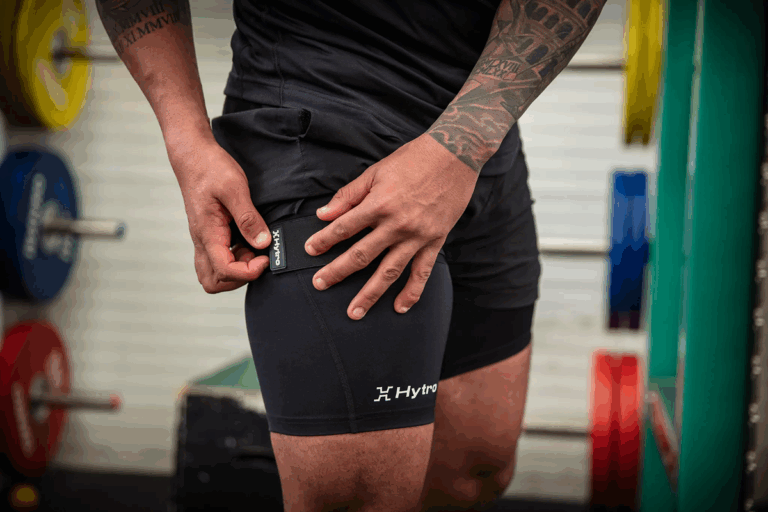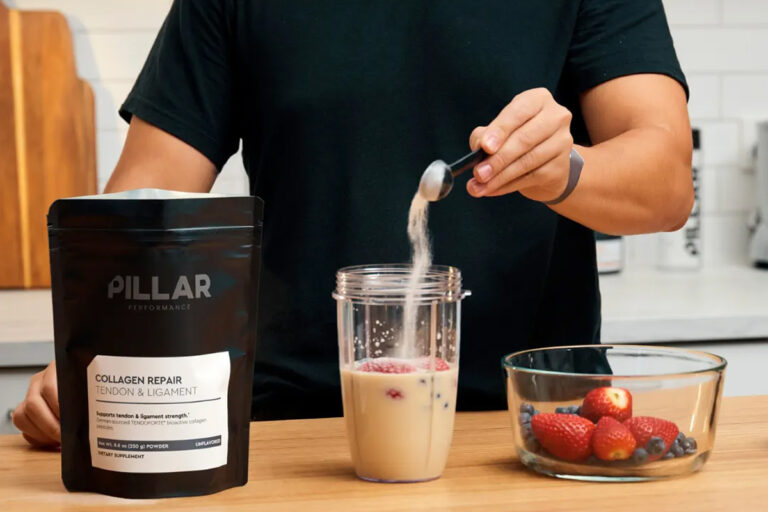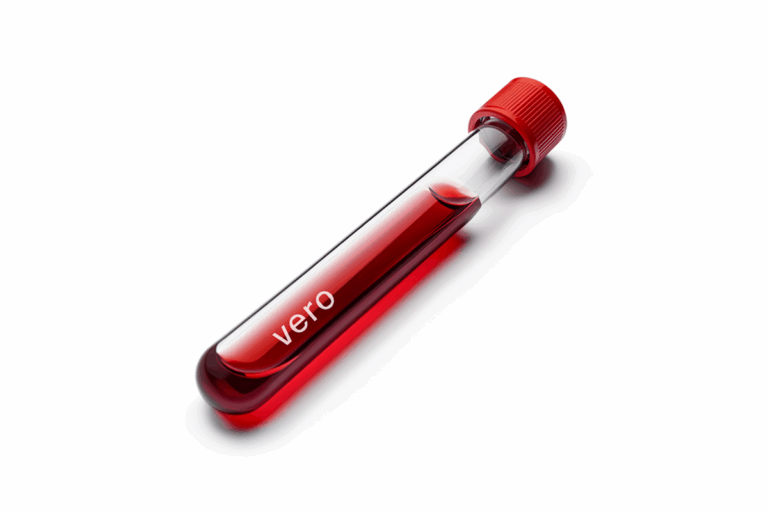In this Q&A, you’ll hear from Ariel Garten, co-founder of Muse, creators of a wearable headband for cognitive performance. Ariel explains how the company’s latest product, Athena, uses dual brain-sensing technology to train, track, and transform users’ ability to focus, stress response, and quality of sleep.
Tell us about Muse.
Ariel Garten: Muse is a brain health tool that helps you track, train, and transform your mind using real-time neurofeedback. Whether you’re looking to sharpen focus, manage stress, or improve sleep, Muse provides science-backed insights and feedback to help you optimize your mental fitness.
Historically, Muse has used advanced EEG (electroencephalography) sensors to monitor brain activity, heart rate, breathing, and body movements. Through real-time audio feedback, it trains you to enhance cognitive performance, with studies proving the efficacy of regular Muse practices.
With our newest launch, we’ve introduced groundbreaking dual brain-sensing technology. The new Muse S Athena is the first consumer wearable to combine EEG and fNIRS (functional near-infrared spectroscopy).
The fNIRS monitors blood oxygenation in the brain, offering deeper insights into cognitive endurance and brain function. Powered by our Digital Sleeping Pills algorithm, Muse S Athena adapts to your brain activity to help you fall asleep faster and stay asleep longer, improving sleep quality by 20% and surpassing all wrist and ring wearables in terms of accuracy.
Combined with the EEG, Athena delivers next-level mental training, helping users build focus, resilience, and cognitive endurance — unlocking new possibilities in neurofeedback, brain health, and sleep.
Muse has already helped over half a million users take control of their mental fitness. With our recent launch, we’re entering a new era of brain training.
What led you to pursue this opportunity?
AG: I’ve always been fascinated with the brain, how it works, and how both the chemical processes and immaterial thoughts in our brain drive our experience of life.
Back in 2001, I was collaborating in the research lab of Dr. Steve Mann, one of the inventors of wearable computing. He had an EEG system that we used to program interactive musical experiences. You would go into the lab, slip a single electrode onto your head, focus to make the music louder, and relax to make the music quieter.
We were interacting with the world directly with our minds, and that was the moment I knew the world needed to know about this! So I got together with my co-founders, Chris Aimone and Trevor Coleman, and we set about taking the technology out of the lab and into people’s homes.
The natural arc of the technology led us to a use case for understanding when you were focused and when you were relaxed, showing what your brain was really doing. It evolved into Muse.
How did you turn your idea into a company?
AG: It’s very easy to get distracted or give up along the path from idea to company because it’s self-directed. No one is making you do it — you just have this burning desire to see the product made or problem solved, and that desire keeps you working until midnight each night and getting back up in the morning to get at it again.
This was the passion that Chris, Trevor, and I felt as we figured out how to take technology out of the lab and make something useful from it.
Early on, many of our employees were electrical engineering grads and interns from our alma mater University of Toronto. We were greatly supported by the Canadian innovation ecosystem too, with MaRS, the National Research Council, and others supportive of our work.
But it wasn’t until 2010, when I decided to go to San Francisco, that the business took shape. After networking and taking in valuable feedback, in 2013, we launched with an Indiegogo campaign which was one of the biggest hardware sales at the time. Once we shipped those units, we had our first 2K customers, and that’s when it became real — managing bug fixes alongside reading reviews on how the product was actually working to improve people’s lives.
By November 2014, we launched in Best Buy Canada with the first Muse — the brain-sensing headband that could help you meditate. By 2015, Mayo Clinic began running its first study with Muse, ultimately showing it had a positive impact on the lives of women undergoing cancer care.
Over the last decade, we’ve expanded to support a full range of brain health practices, collecting over 1B minutes of brain data and completing 200+ third-party research studies for the likes of NASA, Harvard, and more. With the launch of Athena, the best of the Muse brain health platform has arrived.
How big can this get?
AG: The global brain health, neurotechnology, and mental fitness markets are growing rapidly, creating a massive opportunity for Muse. Assessing them separately…
- The cognitive health & brain training market is expected to reach $ 31B by 2030.
- The wearables market is projected to hit $152.82B by 2029.
- Sleep tech will grow from $23.32B in 2025 to $68.78B by 2032, with AI-powered sleep solutions projected to reach $40.52B by 2034.
- The mental wellness category is stepping up from $174.15B in 2024 to $262.65B by 2029, driven by rising demand for self-optimization and mental resilience tools.
How do you reach your core customer?
AG: Operating across DTC and B2B channels allows us to scale in high-growth markets while serving both individual consumers and institutional partners.
On the direct-to-consumer side, we focus on high-performance individuals actively investing in brain health, cognitive optimization, and sleep enhancement. Our target audiences include biohackers, wellness-seekers, athletes, and sports enthusiasts
As sports-focused individuals seek focus, reaction time training, and mental endurance for athletic performance, we see the opportunity for ambassador partnerships, athlete sponsorships, and sports-focused content marketing. We’ve already created a community of 800+ ambassadors, including content creators, influencers, and professionals who actively promote Muse.
On the B2B side, we tap into healthcare professionals and clinicians who integrate Muse for cognitive assessments, mental health monitoring, and neurofeedback therapy to support patients with stress, anxiety, ADHD, and cognitive decline. Our strategy includes expanding clinical sales, partnering with SDK partners like Myndlift and alphabeats, and targeting therapists, functional medicine practitioners, neurologists, and integrative health clinics.
Aligning with leading universities and medical institutions, our EEG technology is also used globally in academic and clinical research, spanning studies on Alzheimer’s, Long COVID, sleep disorders, neuroplasticity, and mental health. Our strategy involves strengthening partnerships with leading universities, sleep labs, and medical institutions conducting EEG-based research.
Improving organizational health as a trusted neurotechnology partner, we allow elite performance programs, sports psychologists, and professional teams to integrate neurofeedback into training.
What’s next on the roadmap?
AG: Our primary focus right now is the launch and momentum of the Muse S Athena, our biggest product launch since 2021.
We hope to be rolling out more features that harness fNIRS technology to unlock deeper cognitive insights and enhance real-time neurofeedback shortly. As we continue to refine and expand Athena’s capabilities, we remain focused on pushing the boundaries of mental fitness, cognitive endurance, and brain training.
Anything else you’d like to share with readers?
AG: Spending over a decade with the data, here are my top three brain health must-dos:
- Prioritize Quality Sleep: Your brain can’t function at its best without it. If you’re not getting good sleep, start optimizing your habits now — your brain will thank you.
- Master Stress Management: Stress is inevitable, but how you handle it makes all the difference. Daily de-stressing, meditation, and CBT can help you reframe thoughts and build resilience.
- Move Your Body: Exercise isn’t just for fitness; it’s a powerhouse for your brain. It improves sleep, reduces stress, and enhances cognitive function all in one go!
If you’re interested in having your company featured in our Q&A series, send an email to team@fitt.co.






